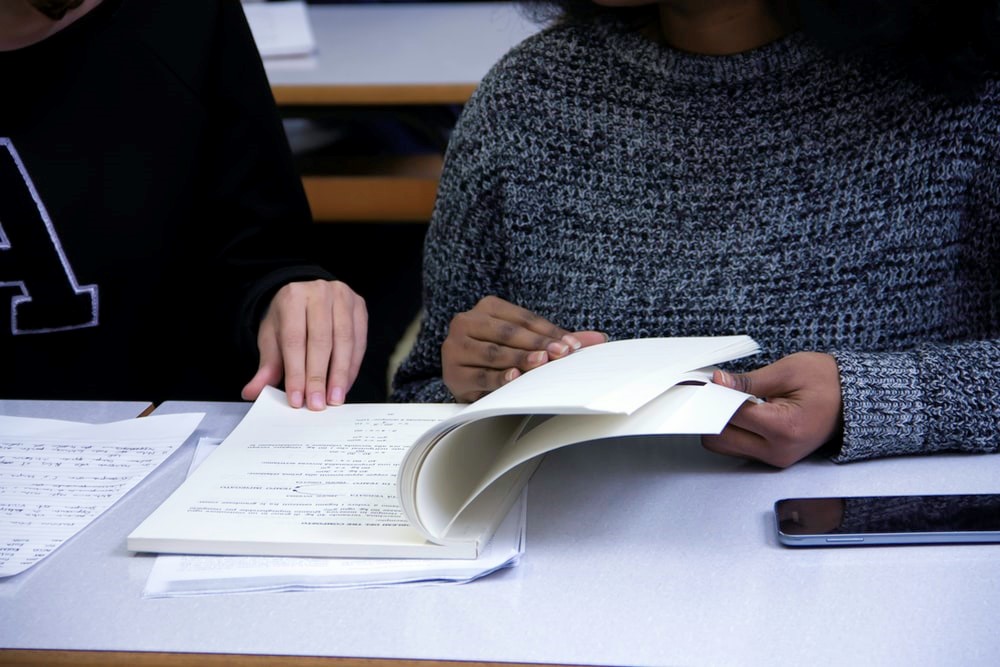An asylum seeker from Sri Lanka, who successfully applied to the Compass Project, tells of how he became a student at Birkbeck and his ambitions to help future asylum seekers have their voices heard.

My name is SJ. I belong to an oppressed ethnic minority in Sri Lanka, the Tamils. Due to my ethnicity and my political views, I was abducted and tortured. Therefore, I was unable to pursue higher education. I had basic school education in Sri Lanka and fled to the United Kingdom in 2010 when I was 17-years-old.
While my asylum case was under processing, I was unable to keep up with life as it took different stages every day. There was no one to help me find things or to advise me. At first, I did not even know how to use a microwave oven and ended up eating the food ice cold. I was left to sleep in a parking garage at a house. I struggled and felt strange. It was a haunting experience for me. There was nobody to hear what I had to say. Instead, they heard only what they wanted to hear. Those days were filled with solitude and emptiness. With whom should I share? How much should I share? Is it okay to share? Such questions crowded my mind. And they kept me drowned in thoughts and fear all the time.
Years passed. So much has happened between the years 2010 and 2014. I was homeless for a while and slept on the street while having chicken pox. The house owner did not let me stay in their garage as his wife was pregnant at that time. It was a fair concern and who am I for them to take extra care? By 2012, I was living with a friend in Doncaster. I was desperate to talk to someone and I was lucky to meet someone who had gone through what I had gone through in Sri Lanka.
In 2014, I gave up on myself and handed myself over at a police station as a failed asylum seeker. I was being a burden to my friend and I could not cope up with my life. I was detained in an immigration detention centre for about five months. I was able to witness the dark side of the UK while I was there. It was horrendous in many ways, from the food given to the detainees to how they are being treated.
The detention centre atmosphere forced me to relive my dark days in Sri Lanka. I was not aware of the pains and feelings that were hidden inside me until I was locked away. I used to isolate myself in a room for years. But living behind the big gates and razor wires made me feel so scared and unsecured. I met people of many kinds there. They belonged to different ethnicities and culture. They spoke various languages. There were few Sri Lankans as well. I faced various situations there, such as many violent incidents, suicide attempts, deaths, riots, and riot police invasions. I was so broken at that time and lost all hope. So, I went on a hunger strike to kill myself. I thought that life was not worth living.
One day the doctor at the detention centre examined me and told me that they must move me to a different detention centre, which has an inpatient bed, as my kidneys started to malfunction. I had weekly reviews and one of the detention supervisors told me that I could be the next one to die in detention if I was not given medical treatment. It frightened me. Those words echoed what I heard back in Sri Lanka.
From 2010, I took up learning English as a challenge. I have used resources such as YouTube, Google, newspapers, reading English books with the help of an English-to-Tamil dictionary and listening to conversations and observing the method of communication in the community. I could not possibly be able to explain the hard work I put in to learn English here. While I was in detention, I had some help from a charity. I explained to them the situation through the English I had learned by myself.
Once I could speak English, I was asked to translate for Tamil people as an emergency translator in the detention centre. I was still in an unstable situation. However, I helped the people in need. By doing this, I was able to identify and relate my situations to that of many other detainees. I understood that it was not happening to me only, but to many others in a systemic way as well. Many of us in destitute situations did not get any proper legal advice. It was the experience of a lifetime and it was what motivated me to fight for a good cause.
I tried to apply for local colleges and institutions once I got out of the detention centre. I did not have many friends in the community to get information about institutions outside Doncaster. All my applications were turned down by the colleges. I was told that I do not have the right to study. They said that if I got a letter from the Home Office saying I can study, they would let me study. When I requested the said letter from the Home Office, they refused to give me one and asked me to get the letter from the court, as my case was still pending at the court. When I approached the court, I was questioned by my solicitor about how I was going to pay the fee if they allow me to study. So, I gave up the dream to study.
Knowing that all these detainees are suffering inside the detention centre, I could not just sit. I was unable to let them suffer on their own. I wrote to many MPs about the bad treatment of asylum seekers and the prevailing conditions inside the detention centres. Due to this, I was contacted by someone who runs a counseling service for Tamil asylum seekers. I was fortunate enough to be identified as someone who needed the help as well. She invited me to attend counseling sessions. The days flew by, filled with nightmares and panic attacks. But this time I had someone to share my sorrows and thoughts with.
In 2017, she shared with me a link to a university project for asylum seekers called the Compass Project. I was not so sure about what to do. I attended the workshop for the project. It was the first time I ever stepped inside university premises. I was very nervous and was hardly controlling my anxiety. I entered the room allocated for the workshop. The project manager greeted me with a smile on her face and my nervousness faded away a little. However, I did not know what to expect or to ask. So, I kept quiet. I was given a friendly introduction to the project and guidance on how to apply. Finally, we were given a university tour.
With enormous support from the project manager and people at the counseling programme, I applied to the Compass Project Fund. I was so worried about not having any qualifications. It had been almost eight years since I was in the school. My personal statement explained my circumstances, my aspiration to study law, my experiences at the detention centre, poor handling of the asylum cases and a detainee’s dream to be a qualified immigration lawyer.
After a few weeks, I received an email saying that I was awarded the Compass Project Fund. I could not express how happy and accomplished I felt. I was finally given an opportunity to study. I was asked by the university to do an examination as well an interview to see if I am fit to study law as I did not have any prior academic qualifications. I was able to pass the exam and the interview with some great support. Getting the Compass Project Fund and a place at the university were the biggest things that ever happened to me. This was the first step in reaching my goal.
Meanwhile, my asylum case was still pending. The Home Office accepted that I was tortured in Sri Lanka and the case proceeded to the court for the hearing. Just a week before my first day at the university, I had to attend the court for my hearing. I was worried, but I was also hopeful for a change. I attended university without any decision from the court. Initially, it was so strange to me. For the first time in many years, I was sitting in a classroom with a pen and an exercise book before me.
It was very hard for me to understand the lectures at first as English is not my native language. I had to read the text at least four times to understand. But I did not give up. I continued to put in all my energy and worked hard at home and at the university. For my first essay, I received 68 marks. I was in joy since this was my first ever academic essay. By correcting the mistakes in my first essay, I was able to score 70 marks for my second essay. My hard work started to pay off. Now, I started to communicate with my fellow students in a better way.
Then I was granted refugee status by the court. It was life-changing and finally, my life got a little steady. However, I still must wage war with my unstable mind. University education is the ideal tool for me to break my solitude. It gave me hope and tools to learn from. I believe that by obtaining the necessary qualification, I will be able to get my voice heard.
The Compass Project Fund is a life-changing opportunity for me and many others. Being an asylum seeker in an unfamiliar place with restricted access and limited knowledge about the system limits many people from gaining access to further education.
I am looking forward to taking the available opportunities to desperate asylum seekers and to continue my work in the human rights field, to advocate for the betterment of all the asylum seekers and refugees.





